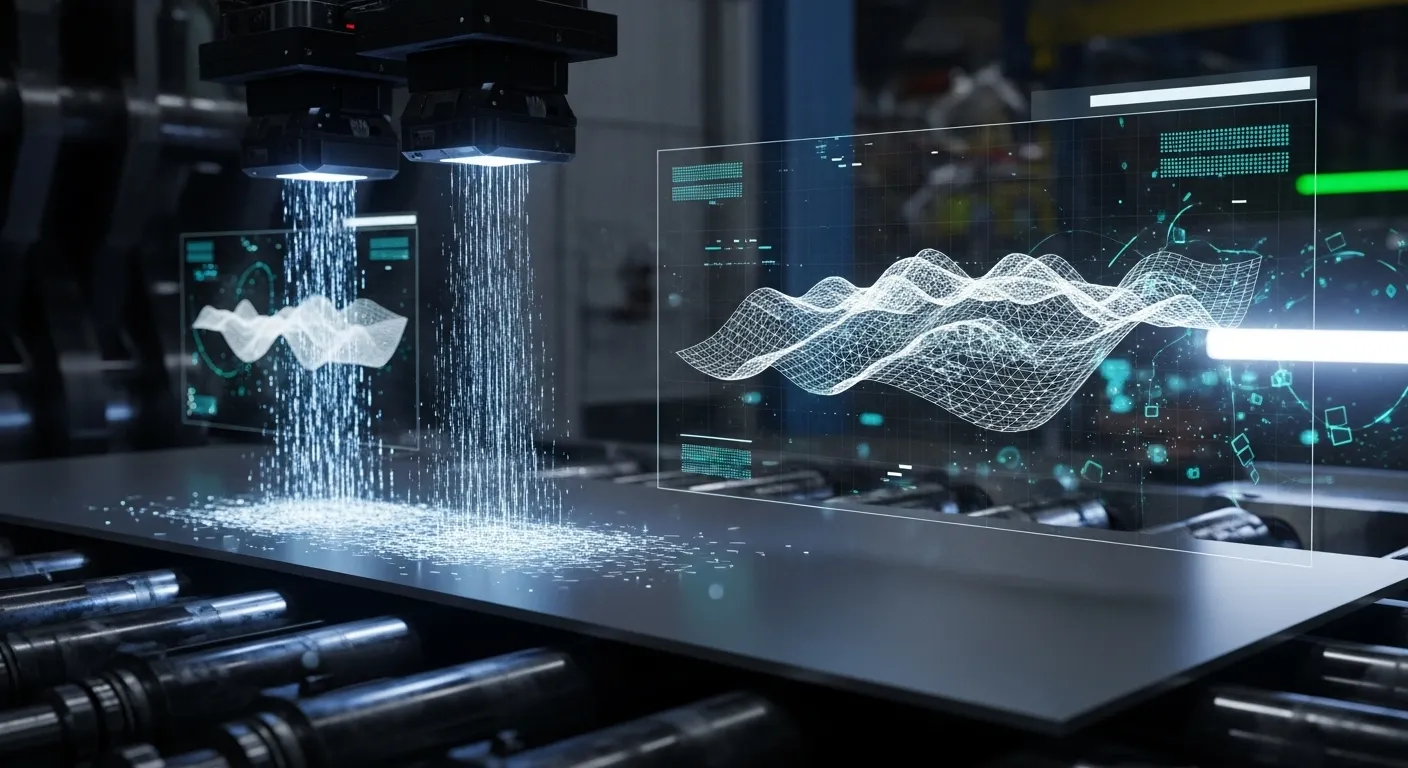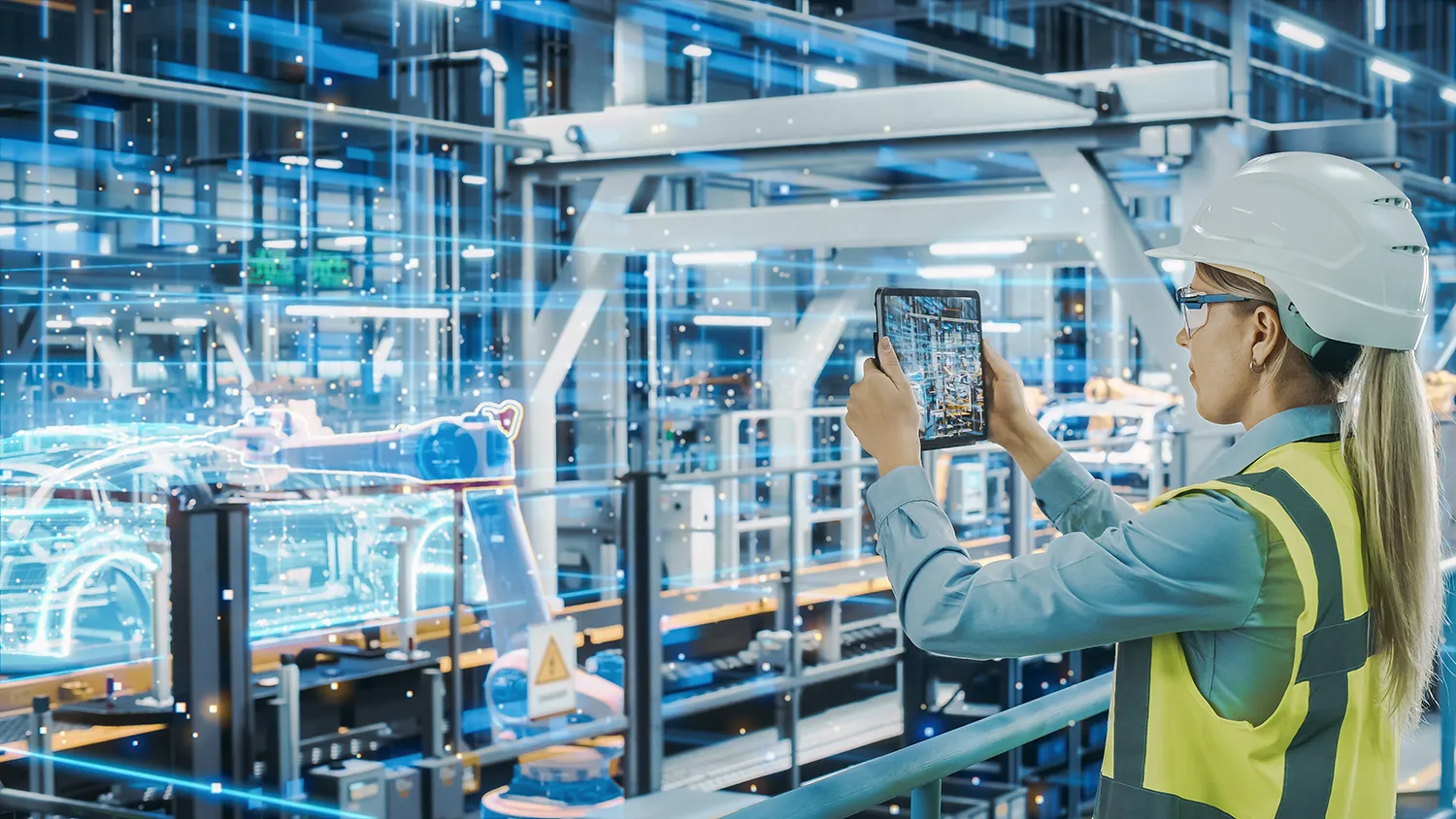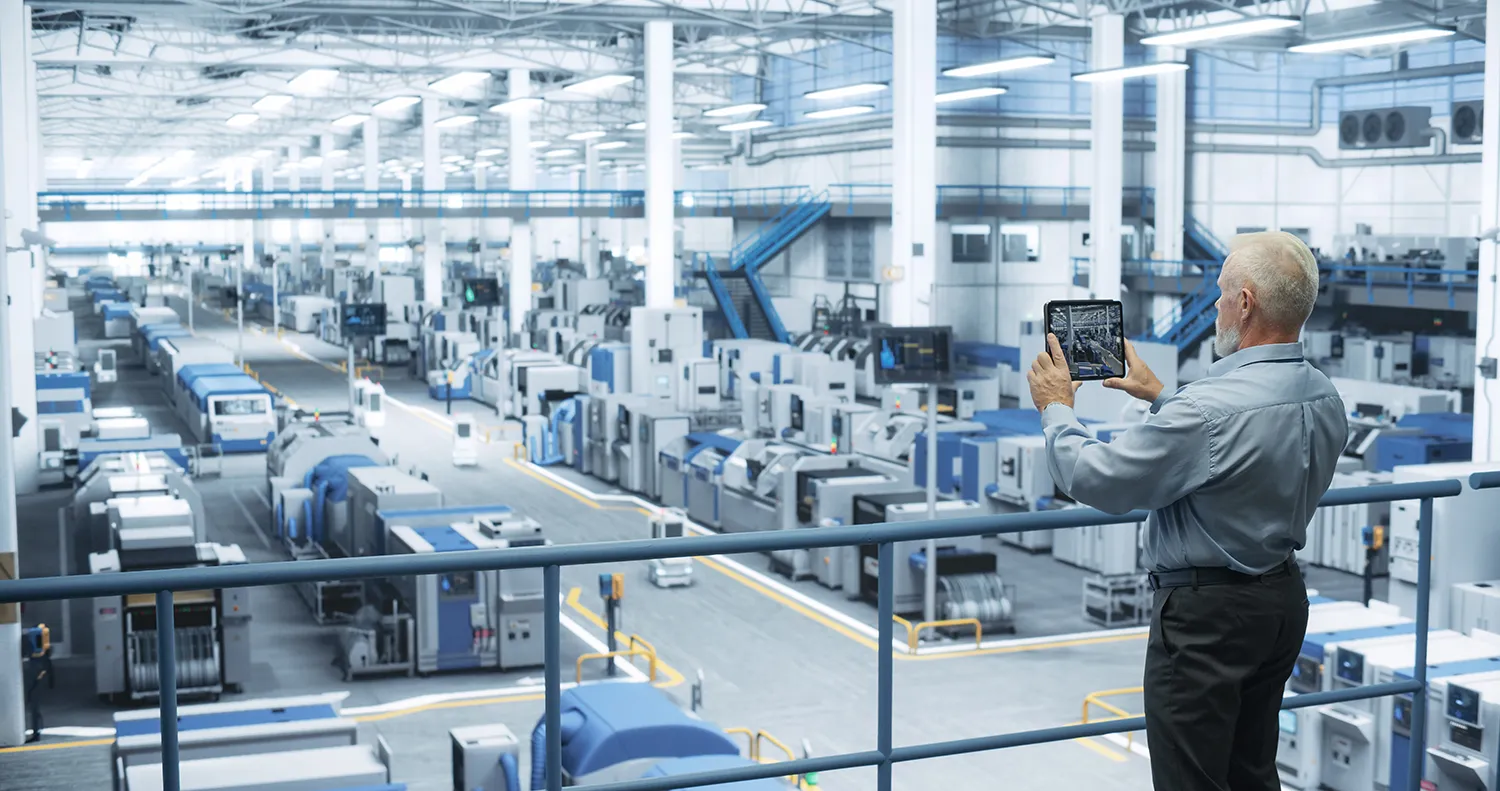MMK Builds Its Own IT Landscape and Sets the Digital Agenda for the Metallurgical Industry

The digital transformation strategy at Magnitogorsk Iron and Steel Works (MMK) is reshaping how Russian metallurgy approaches automation, efficiency, and innovation through homegrown technology solutions.
Industry Focus and Import Substitution
MMK's digitalization roadmap is part of a broader shift within Russia’s steel sector—an effort to modernize production processes and boost global competitiveness through technological sovereignty. The focus is not only on efficiency gains but also on reducing dependency on Western IT products and infrastructure.
AI and Machine Vision Take Over Steel Quality Control
MMK is actively implementing technologies such as artificial intelligence, machine vision, big data analytics, mathematical modeling, digital twins, and software robotics across its facilities.
A notable example is the hot-rolling mill '5000', where an automated machine vision system now oversees the quality of thick sheet steel. The process involves scanning moving sheets during production, transmitting visual data to servers with specialized software. The system analyzes images in real-time, checking sheet geometry, identifying and classifying surface defects, and generating detailed 3D defect maps. This enables automatic verification of compliance with quality standards specified by individual customers.

As a result, MMK has significantly improved measurement precision, reduced human error, and lowered defect rates. The system ensures more predictable and reliable product quality.
Replacing Western IT Systems with Russian Platforms
MMK has launched several key projects under Russia’s import substitution initiative. In collaboration with Inpolus, MMK completed the country's largest implementation of an enterprise service bus (ESB), replacing the American Tibco ActiveMatrix BusinessWorks with the Russian-built Inpolus ESB.
A core strength of the Inpolus platform lies in its seamless migration capabilities, allowing MMK to transfer all data flows and business logic without rewriting code. The system includes modules such as Service Registry, Scenario Manager, Universal Scenario, and Universal Connector—enabling intuitive visual integration and mostly automated execution.
It supports multiple DBMS options, SOAP and REST APIs, Apache Kafka messaging, and other integration protocols. The ESB is now fully operational, playing a critical role in connecting MMK’s MES, ERP, and industrial control systems.
Other major replacements include phasing out Siemens software used for process monitoring and switching from Windows Server to Astra Linux. This year, MMK is also rolling out a unified MES solution.

In-House Software Development and Economic Impact
MMK has been developing many of its IT solutions internally. One example is the Ataсh platform for managing business processes and document workflow.
MMK became the first steelmaker in Russia to deploy a full-fledged enterprise information system (EIS), enabling a unified automated chain of business operations. Today, this system coordinates over 460 business processes across 15 companies within the MMK Group.
2024 marks the fifth anniversary of MMK’s digitalization strategy. Since 2020, the company has initiated 160 digital projects and implemented 95 of them, yielding more than $84 million in cumulative economic gains.
Looking ahead, MMK plans to continue investing in digital initiatives, projecting an additional $82 million in benefits over the next five years (2025–2029).

A Broader Digital Vision
Digital transformation at MMK is not just about optimizing internal operations—it’s helping elevate Russia’s export potential in high-grade metal products. As global demand grows for advanced materials, the quality improvements driven by digital technologies become essential.
Experts expect the number of digital initiatives to expand across the entire Russian steel industry. MMK is now positioned not only as a producer but also as a potential provider of 'smart' solutions to other manufacturing plants. By growing its service portfolio, MMK aims to evolve into a tech leader offering automation and optimization tools to the broader industrial market.










































